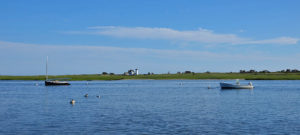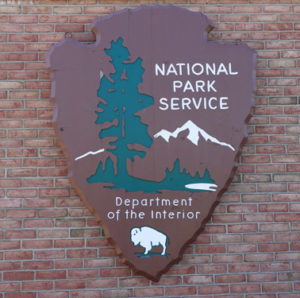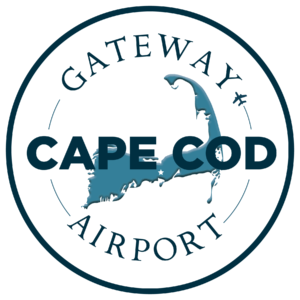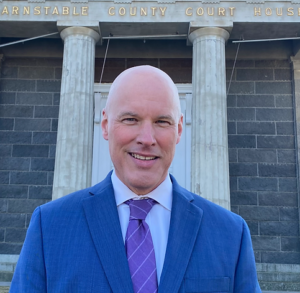
CHATHAM – A local organization that represents shared housing and conversation interests on Cape Cod gave an update on their new planning map at a recent Chatham Select Board meeting.
Officials with Grow Smart Cape Cod spoke at the September 27 meeting and presented their findings on where priority areas of housing development are located and the map that helped identify them.
Association to Preserve Cape Cod Executive Director Andrew Gottlieb outlined the different factors Grow Smart’s map represents.
“Those areas where there’s overlap between protection of remaining habitat, redevelopment or development of housing in areas where it’s well suited, and the investment in the infrastructure,” he said.
A major factor Grow Smart used in determining high priority areas for housing development was looking at where there was existing or planned wastewater infrastructure.
Gottlieb said that Chatham was ahead of other towns with this infrastructure.
“You’re ahead of most because you have an existing sewer system and you’re adding to it. Eleven of the 15 towns on the Cape are starting from zero and are at different places on that continuum,” he said.
Gottlieb said Chatham should continue to invest in wastewater infrastructure.
“Because we’re not going to get anywhere, housing, habitat protection, resource protection, water quality improvement, without the associated wastewater infrastructure,” he said.
Gottlieb said another factor the map reflects is what areas have already been disturbed.
He added the map can be used as a planning tool to consider redeveloping these existing activity areas to incorporate housing into them.
Gottlieb said that Grow Smart met with officials throughout the Cape to get feedback about the map from local stakeholders who were more familiar with the towns.
Gottlieb said this process resulted in some alterations to the map, especially for the housing criteria.
Housing Assistance Corporation CEO Alisa Magnotta said that the map is designed “to give the public and towns areas where they can focus their resources and focus their advocacy efforts,” she said.
She highlighted that mapping Chatham was different than the process for the other towns on the Cape because the town has an existing sewer infrastructure.
Instead, Grow Smart marked existing areas that could be redeveloped to support more density and smaller, affordable units as high priority with their online mapping tool.
The members of the select board all expressed support for the project and the partnership between housing and conservation interests.
By Brian Engles, CapeCod.com NewsCenter























